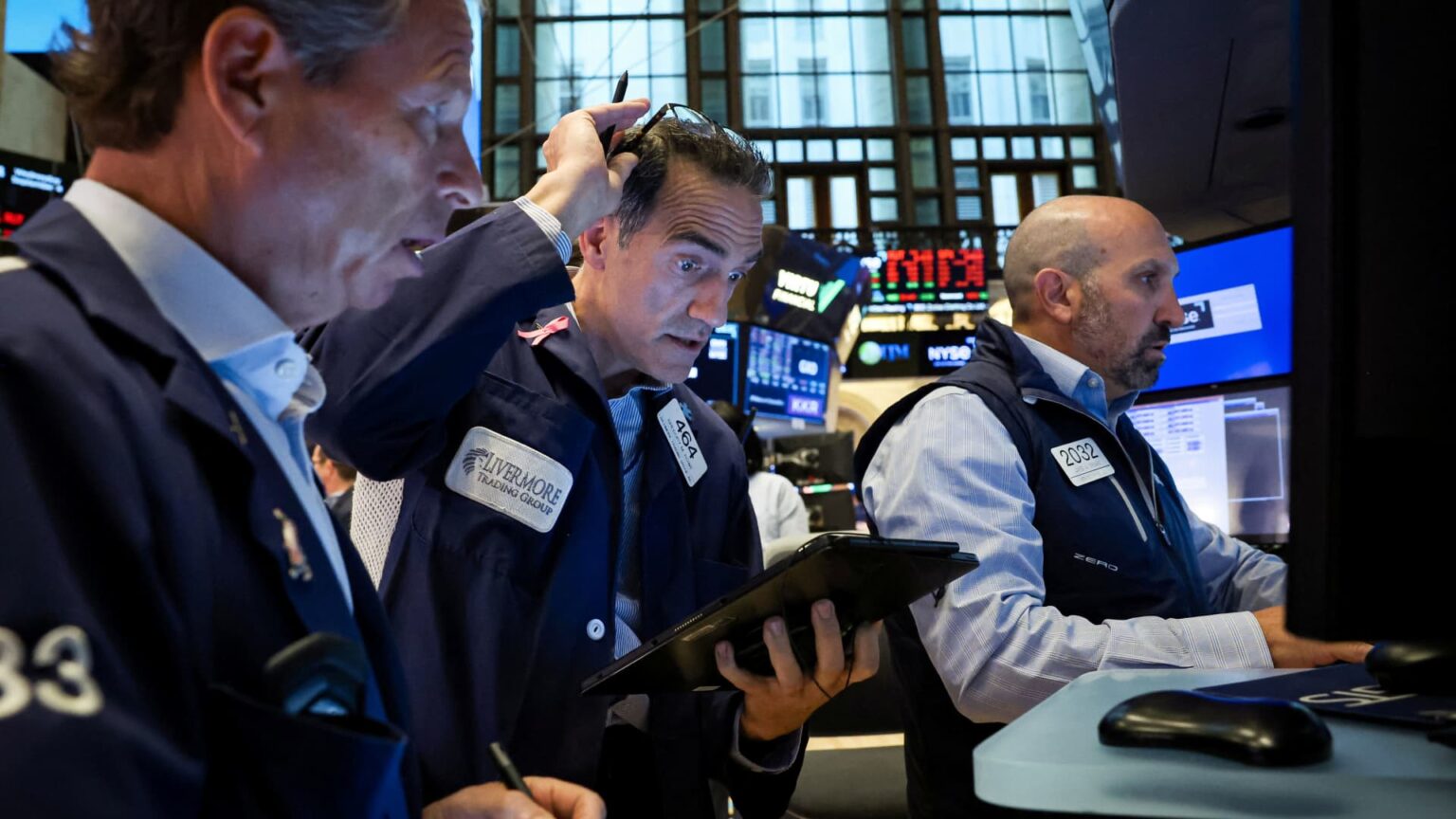Stocks retreated Tuesday as growing tensions in the Middle East poured water on investor enthusiasm coming off a strong quarter.
The Dow Jones Industrial Average fell 173.18 points, or 0.41%, to 42,156.97. The S&P 500 pulled back 0.93% to 5,708.75, while the Nasdaq Composite lost 1.53% to finish at 17,910.36.
West Texas Intermediate crude oil spiked after the Israel Defense Forces said Iran was firing missiles at the country. The CBOE Volatility Index (VIX), also known as Wall Street’s fear gauge, topped 20 at its high of the day, underscoring the rising concern among traders.
But oil settled off its session highs and stocks moved off their lows after the Iran attack as traders hoped damage and subsequent Israel retaliation would be minimal.
“The fear of contagion is always destabilizing,” said Keith Buchanan, senior portfolio manager at Globalt Investments. “Aside from, of course, the paramount impact on lives, the markets take a direct hit when there are forces that are almost promising some level of destabilization.”
WTI crude oil intraday
More than 3 out of every 5 S&P 500 stocks were lower in the session, highlighting the broad troubles for the market. But energy names notably diverged following the Middle East report, with the S&P 500 sector climbing more than 2%.
Tech names felt the brunt of Tuesday’s declines, explaining the Nasdaq’s outsized losses. Tesla, Nvidia and Apple all ended the day lower. But Facebook parent Meta Platforms bucked this trend, posting an all-time intraday high.
Small-cap stocks also took a hit, with the Russell 2000 sliding 1.5%.
Traders were also monitoring a strike by members of the International Longshoremen’s Association on the East and Gulf coasts. While consumers may not feel the pinch immediately, the stoppage could cost the U.S. economy hundreds of millions of dollars.
Stocks come off winning month and quarter
Tuesday’s pullback comes after the S&P 500 and the Dow notched closing records in the previous session, which marked the end of the trading month and quarter. September is typically the worst month of the year for stocks, but this time it broke with past trends.
All three major averages posted monthly gains, and it was the first positive September for the S&P 500 since 2019. The S&P 500, Dow and Nasdaq also ended the third quarter in positive territory.
Stocks advanced Monday even after Federal Reserve Chair Jerome Powell said the central bank is “not on any preset course” when it comes to the next steps for rate policy. He said to expect two more cuts this year — that is, a quarter percentage point each — if the economy performs as anticipated.
Investors will now look to September’s nonfarm payrolls report on Friday, which could serve as a catalyst for the major averages.
Read the full article here

